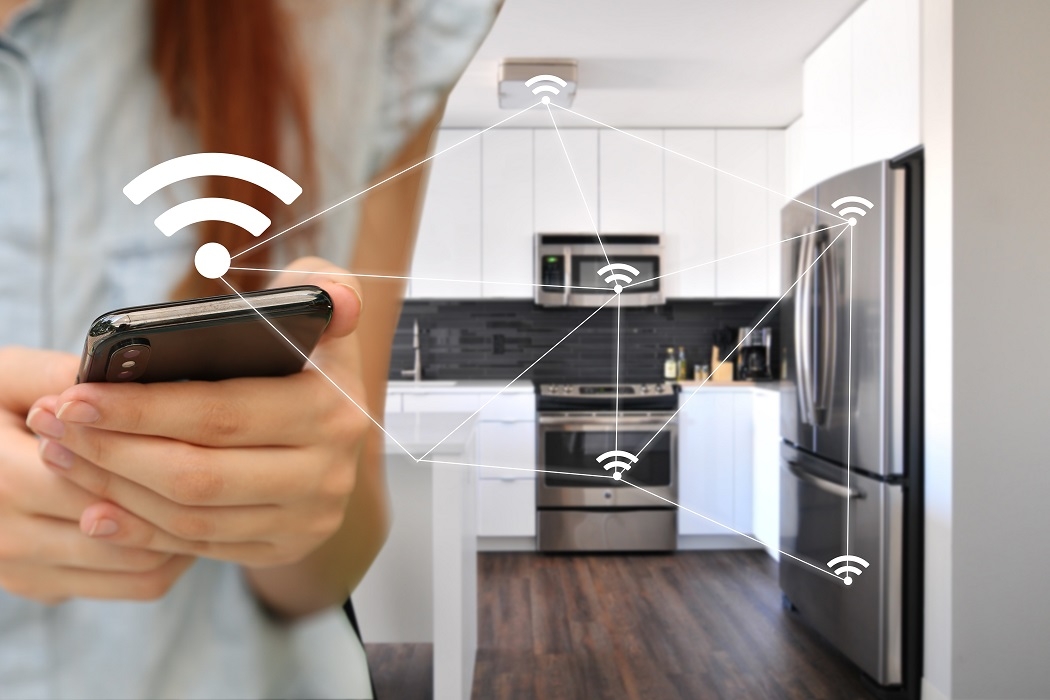The remarkable IoT in Kitchen Systems Market Growth is being fueled by a powerful combination of evolving consumer lifestyles, technological advancements, and a growing desire for greater efficiency in the home. The most significant driver is the modern consumer's demand for convenience. In today's fast-paced world, individuals and families are increasingly seeking solutions that can save them time and simplify their daily routines. Smart kitchen systems directly address this need by automating mundane tasks like preheating the oven, monitoring cooking progress, creating shopping lists, and even ordering groceries. The ability to manage these tasks remotely via a smartphone provides a level of control and flexibility that strongly resonates with the connected consumer, making it a primary catalyst for market adoption.
Technological maturation is another key factor accelerating growth. The increasing affordability and reliability of key enabling technologies—such as wireless connectivity modules, sensors, and microprocessors—have made it economically feasible for manufacturers to embed smart features into a wider range of appliances. Simultaneously, the rapid proliferation and improvement of smart home platforms and voice assistants from companies like Amazon, Google, and Apple have created a user-friendly and intuitive interface for controlling these devices. The ease of saying, "Alexa, preheat the oven to 400 degrees," has dramatically lowered the barrier to entry for non-technical users and is a major force driving the mainstream adoption of smart kitchen technology, making it more accessible to a broader audience.
Furthermore, a growing societal focus on health, wellness, and sustainability is providing a significant tailwind for market growth. Consumers are more conscious than ever about what they eat and the environmental impact of their choices. Smart kitchen appliances can cater to these priorities in numerous ways. For example, a smart refrigerator can help users track the freshness of their food to minimize waste. Connected ovens and air fryers can provide access to a wide range of healthy recipes and guided cooking programs that make it easier to prepare nutritious meals at home. This alignment with major lifestyle trends is a powerful driver that enhances the value proposition of the smart kitchen far beyond simple convenience, positioning it as a tool for a better and more sustainable way of living.

